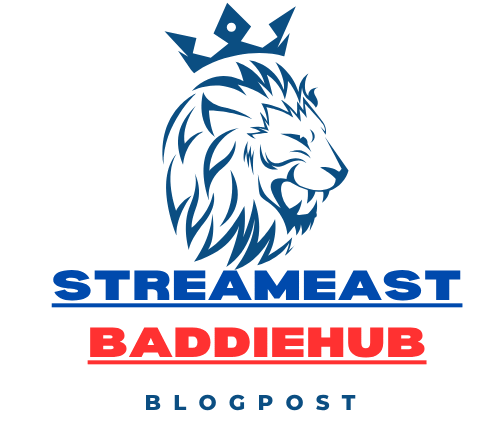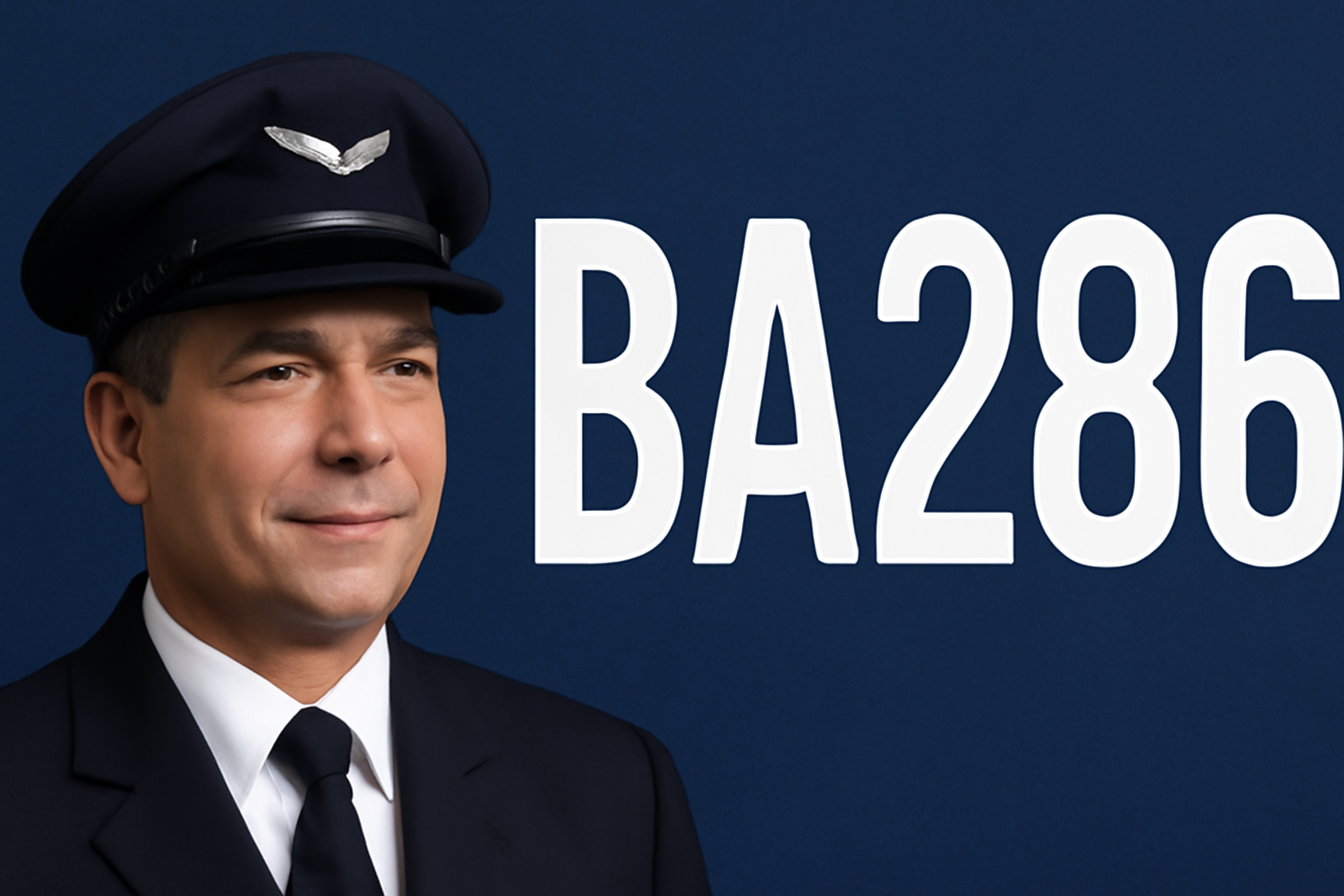Understanding Business Banking Accounts
A business banking account is a type of bank account developed for businesses to handle their financial management. It’s important for dividing personal & business finances, making tax practice more relaxed, and providing a clear picture of business meetings. With multiple options available, choosing the right business banking account can be overwhelming. Consider elements such as fees, interest rates, and marketing limitations when choosing an account.
Further, think about the type of business you have and the exact needs that come with it. A well-chosen business banking account can help streamline financial operations and support business development. It’s necessary to research and reach different accounts before deciding.
- Fees: monthly maintenance, transaction, and overdraft fees
- Interest rates: earn interest on deposits or pay interest on overdrafts
- Transaction limits: number of transactions allowed per month
- Minimum balance requirements: maintain a minimum balance to avoid fees
- Online banking: access to online banking and mobile banking apps
- Customer support: availability of customer support and account management
Why Every Business Needs One
Using a business account builds trust with clients and suppliers because payments look skilled. It also protects the owner’s personal support in case of disputes or obligations. Most importantly, it facilitates bookkeeping since all payments and costs are tracked in one place. Banks often supply tools like business credit cards, overdraft safety, and online payment assistance. These are not usually available with individual accounts. Setting up one beforehand can save time, avoid confusion, and make a strong base for development
Benefits of a Business Banking Account

A business banking account offers several benefits, including improved financial institution, improved credibility, and improved security. By separating personal and business finances, businesses can better follow costs, income, and cash flow. A business banking account can also supply access to business loans, credit cards, and other financial assistance. Furthermore, it can help establish a positive company credit history, making it more comfortable to secure funding in the future. With a business banking account, businesses can control their finances more efficiently and make informed judgments. It’s a vital tool for businesses of all dimensions and types.
Business Banking Account Types
- Checking account: for everyday transactions and cash flow management
- Savings account: for saving and earning interest on deposits
- Merchant services: for processing credit card transactions
- Business credit card: for building credit and earning rewards
- Online-only account: for businesses with limited branch access needs
- Business loan account: for accessing capital and financing growth
Read More About: Rewards Easily with Free Fire Code (2025)
Key Features of Business Banking Accounts
Business banking accounts come with components created to make handling money more comfortable. These include online banking, mobile apps, and tools to issue invoices and receive payments. Many accounts also allow integration with analysis software, making record-keeping more efficient. Some banks offer global payment services, which are useful for businesses working with global clients. Other features include numerous user access, debit and credit card benefits, and overdraft safety. Each bank may offer other options, so it’s wise to research before selecting.
Comparing Business vs. Personal Accounts
A private account is good for everyday use, but it lacks the tools required to run a business. Business banking accounts, on the other hand, supply access to credit lines, payroll assistance, and dealer support. They also allow you to show business credit, which is key to providing loans in the future. With personal accounts, banks may even slow trades if they notice business training. Choosing the right business account goes with legal and financial means.
| Feature | Personal Account | Business Banking Account |
| Transaction Limits | Basic use only | Higher limits available |
| Access to Loans | Limited | Wide range of options |
| Accounting Tools | Not available | Provided by most banks |
| Tax Record Support | Manual tracking | Automatic statements |
| Professional Image | Low | High |
More Than Compression:
| Bank | Fees | Interest Rate | Transaction Limits |
| Bank A | $10/month | 2% APY | 200 transactions/month |
| Bank B | $5/month | 1.5% APY | 100 transactions/month |
| Bank C | $0/month | 2.5% APY | 500 transactions/month |
How to Open a Business Banking Account
Opening an account requires offering documents such as a business signup, tax ID, and proof of identity. Some banks also ask for monetary statements or business plans, depending on the type of account. Most applications can be started online, but final verification may require visiting a branch. It’s important to compare banks to see which offer the best services for your business type. Look for hidden fees, transaction charges, and extra costs for services you plan to use often.
Choosing the Right Bank for Your Business

Not all banks are identical, and your choice should depend on the size of your business and future goals. Large banks often supply an expansive range of services, but smaller local banks may offer better personal support. Some online banks also provide low-cost business accounts with digital tools. Think about whether you need features like global transfers, cash deposits, or a true relationship director. Your choice should balance costs, features, and customer benefits.
Additional Considerations
When selecting a business banking account, consider the bank’s reputation, customer service, and online banking credentials. Look for banks that offer mobile banking apps, bill pay, and account attention. Additionally, think about the bank’s branch and ATM network, as well as any costs associated with using out-of-network ATMs. Some banks may also offer other services, such as payroll processing or cash control. By evaluating these factors, businesses can find a banking account that meets their individual needs.
Conclusion
A business banking account is more than just a way to organize money—it’s a vital tool that sustains development, professionalism, and financial strength. Dividing personal & business finances supplies transparency for tax filing, improves credibility with clients, and opens access to financial products like loans and credit cards. The right account can also streamline daily operations with features such as online banking, accounting software integration, and global payment options. Every business, whether a freelancer, startup, or company, can benefit from selecting an account that matches its clear needs. Taking time to research, compare, and understand the terms will help you select a banking partner that helps your business in the long term.
FAQs (Frequently Asked Questions)
Q1. Do I actually need a business banking account if I’m a freelancer or sole owner?
Yes, dividing business & personal money makes taxes more relaxed and helps you track payments, obviously. It also builds credibility with clients.
Q2. What is the minimum balance required for a business account?
It goes by the bank. Some accounts need no minimum ratio, while others may need a few hundred or even thousands of dollars to evade payments.
Q3. Can I open a business banking account online?
Most banks permit online applications, but you may always need to visit a branch for identity verification and to submit documents.
Q4. Which documents are needed to open an account?
Typically, you’ll need a business license, tax ID (EIN), proof of originality, and sometimes economic data or incorporation papers.
Q5. Are business banking accounts more costly than personal accounts?
Yes, they often have higher fees, but the help supplied—such as higher marketing limits, accounting help, and loan access—usually justifies the cost.
Q6. Can I use my private account for business purposes without incurring extra fees?
It’s not recommended. Banks may limit your account, and mixing personal and business finances can lead to tax issues and hinder business recognition.
Q7. What type of business banking account should I choose first?
Most businesses start with a checking account for daily trades, then add savings, vendor services, or credit cards as they mature.
Share this content:



![Unbreakable Bond: Intimate Look at Enduring Ken Dudney Family Legacy [2024] Ken Dudney family](https://streameastbaddiehub.com/wp-content/uploads/2025/10/portrait-affectionate-loving-family_11zon-150x150.jpg)








One thought on “Opening a Business Banking Account: Complete Guide (2025)”